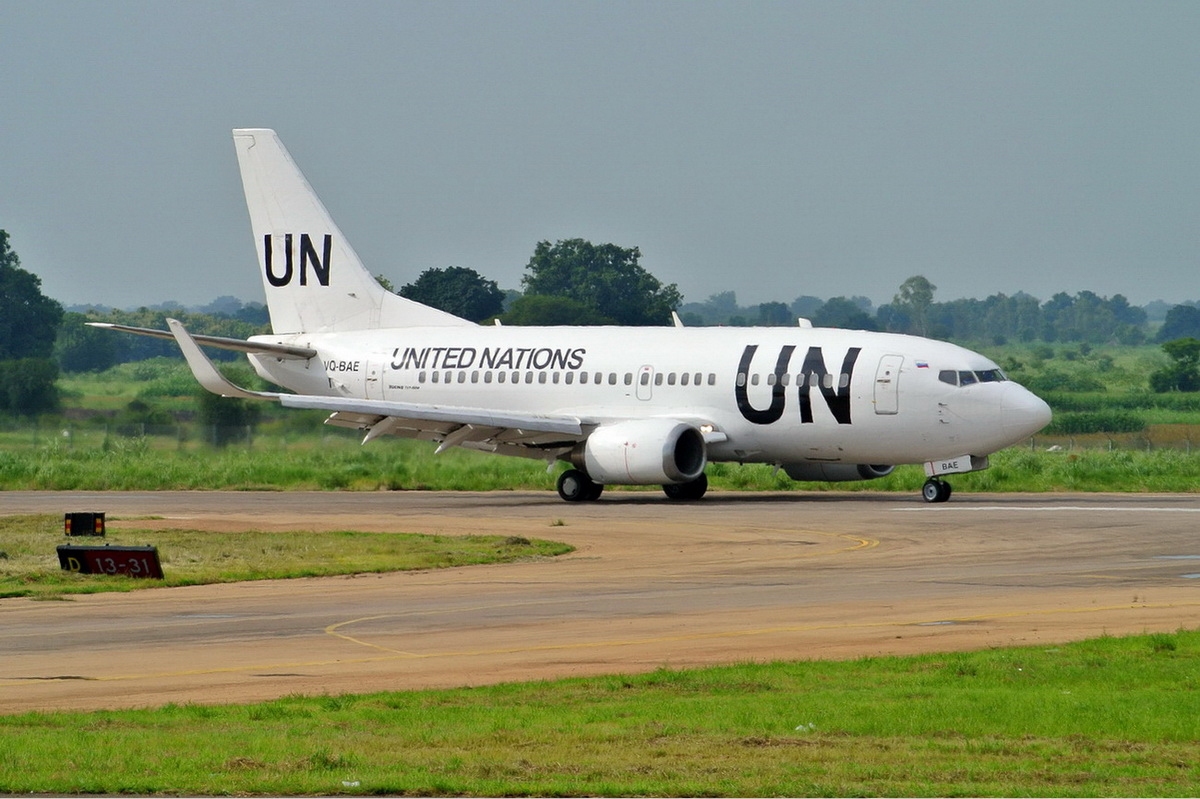UN Humanitarian Aircraft Needs $7m To Sustain Its Operations
The United Nations Humanitarian Air Service (UNHAS) said it needed 7million dollar to sustain its operations through June 2019.
He said for UNHAS to continue its operations; it needed the full support of international donors such as Belgium, Canada and the European Union (EU).
He listed others as Germany, the Nigeria Humanitarian Fund (NHF), Sweden, Switzerland, United Kingdom, UNCERF and the United States government (USAID).
He added that UNHAS had successfully transported over 58,000 passengers by both helicopter and fixed-wing aircraft between January and November in support of humanitarian efforts in Nigeria. He said the UNHAS fixed-wing service focused on Borno and Adamawa, two of the three states most affected by ongoing conflict in the Northeast of Nigeria.
Onyemaobi said the helicopter operation provided the humanitarian community in North/East Nigeria with access to 11 remote and very challenging locations throughout Borno.
He said this was in support of the implementation and monitoring of humanitarian interventions and life-saving programmes in conflict-affected locations.
He said the passengers transported included humanitarian workers operating in field locations, visiting donors and high-level delegations from within and outside of Nigeria.
“UNHAS, managed by the UN World Food Programme (WFP), also air-lifted 62 casualties in need of emergency medical treatment from locations throughout Borno to Maiduguri.
“In addition to critical trauma cases, severely malnourished internally displaced children were also among those transported,’’ it said.
Bruce Walker, Chief Air Transport Officer, also noted that within the same period, UNHAS transported over 135,000kg of urgently required cargo to the hardest-to-reach areas of the region.
He said that running an operation of this large-scale was extremely complex.
“We receive on weekly basis hundreds of flight requests coming from more than 56 humanitarian organisations. “I have watched the operation grow over time since 2015 when we came to set up, and I’m in no doubt that the work we do in UNHAS is saving lives,” he said. He added that “Success of every humanitarian sector, whether it be the delivery of medical services, clean water, logistics or food, depended on the air support we provide, and that’s why UNHAS Nigeria is here to support”.





